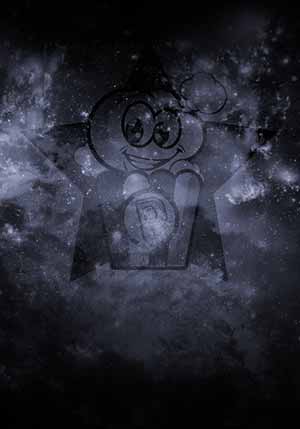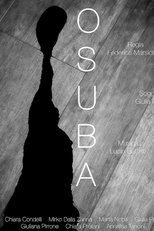Lucio Battisti
¿Quién es Lucio Battisti?
Battisti released 18 studio albums from 1969 to 1994, with a significant portion of this catalogue translated into Spanish (various albums), English (one album), French (two albums), and German (one album). He was known to be an extremely reserved artist, performing only a small number of live concerts during his career. In 1978 he announced that he would speak to the public only through his musical work, limiting himself to the recording of studio albums and disappearing from the public scene.
Battisti was born in Poggio Bustone, a small town in the province of Rieti (northern Lazio), and moved with his family to Rome in 1950. A self-taught guitarist, Battisti made his debut as musician in the 1960s, performing in local bands in Rome, Naples and later in Milan, where he joined I Campioni (The Champions), the support band of then famous singer Tony Dallara. He also travelled abroad as a working musician in Germany and the UK, where he absorbed blues, soul, and the music of Bob Dylan, The Beatles, The Rolling Stones, The Animals, and Jimi Hendrix, among others, introducing those influences into Italian pop music.
In Milan he found the support of the French talent scout Christine Leroux, who worked for the Ricordi music label. Under Leroux's wing, Battisti penned three sizeable hits in 1966 for other artists ("Per una lira" for Ribelli, "Dolce di giorno" for Dik Dik, and "Uno in più" for Riki Maiocchi). Leroux also introduced Battisti to lyricist Giulio Rapetti, better known as Mogol. Though not impressed at first by Battisti's music, Mogol later declared to have started the collaboration after recognizing Battisti's humble, though determined, desire to improve his work. Mogol also pushed Ricordi to allow Battisti to sing his own songs: Battisti's voice became the focal point of his strength and originality. As a singer, he made his debut with the song "Per una lira" in 1966: despite the song's poor success (only 520 copies sold throughout Italy), it allowed him to begin building his career as a singer.
Battisti continued to write for others during the late 1960s: the US rock group The Grass Roots scored a hit with one of Battisti's compositions, "Balla Linda" (translated as "Bella Linda"), which earned Battisti fourth place in the Cantagiro, a then-popular Italian popular music competition. In 1967, English band The Hollies—featuring Graham Nash—recorded a Battisti song in Italian, "Non prego per me". In 1969, Battisti's song "Il Paradiso" was covered by the group Amen Corner as "(If Paradise Is) Half as Nice", hitting the number-one spot on the UK singles chart.
In 1969, Battisti took part in the Festival of Sanremo, with the song "Un'avventura", and his popularity began to increase. His first hit was "Acqua azzurra, acqua chiara", which won the Festivalbar. The same year, Ricordi issued Battisti's self-titled debut album. During this successful year he met Grazia Letizia Veronese, whom he later married and lived with until his death. ...
Source: Article "Lucio Battisti" from Wikipedia in English, licensed under CC-BY-SA 3.0.
Trabajos destacados
Géneros más habituales en las películas de Lucio Battisti
Géneros más habituales en las series de Lucio Battisti
Las imágenes y retratos de actores y actrices mostrados en este sitio web son obtenidos de la base de datos pública de The Movie Database (TMDb), utilizada bajo los términos y condiciones de dicha plataforma. En caso de que alguna imagen o fotografía sea incorrecta, ofensiva, o pueda infringir derechos de imagen o copyright, puede ser editada o eliminada directamente en TMDb. Esto provocará su eliminación automática en este sitio web. Adicionalmente, si usted desea solicitar la eliminación de una imagen directamente en nuestro sitio web, puede utilizar el formulario de contacto ubicado al pie de la página. Atenderemos su solicitud de manera expedita y tomaremos las medidas necesarias para garantizar el cumplimiento de los derechos aplicables.
The images and portraits of actors and actresses displayed on this website are sourced from the public database The Movie Database (TMDb), used in accordance with its terms and conditions. If any image or photograph is incorrect, offensive, or may infringe image rights or copyright, it can be edited or removed directly on TMDb. This will automatically result in its removal from this website. Additionally, if you wish to request the removal of an image directly from our website, you may use the contact form located at the bottom of the page. We will promptly address your request and take the necessary measures to ensure compliance with applicable rights.

